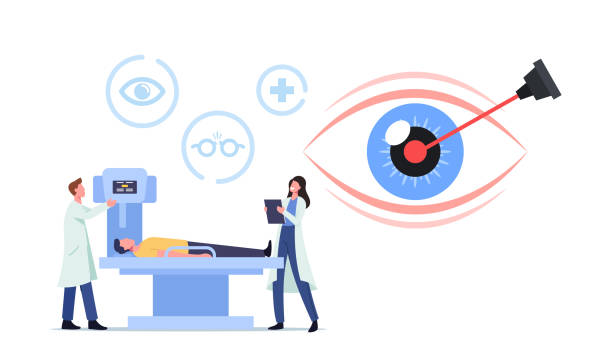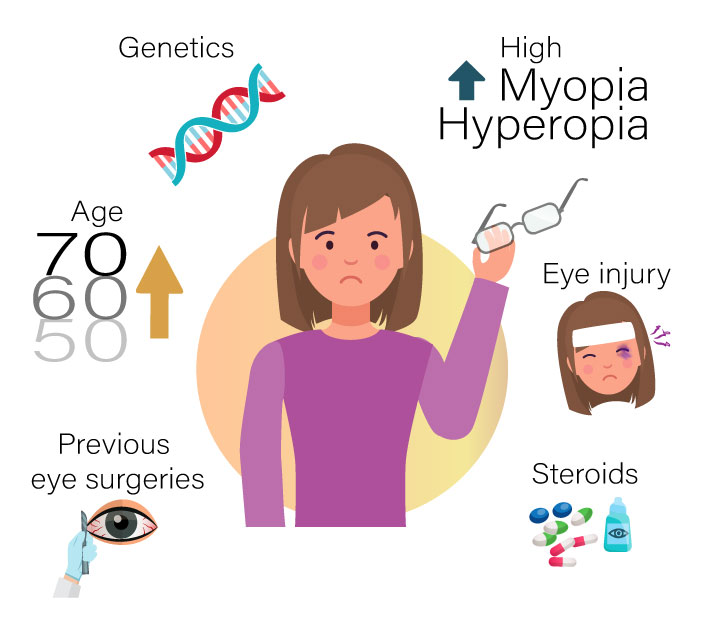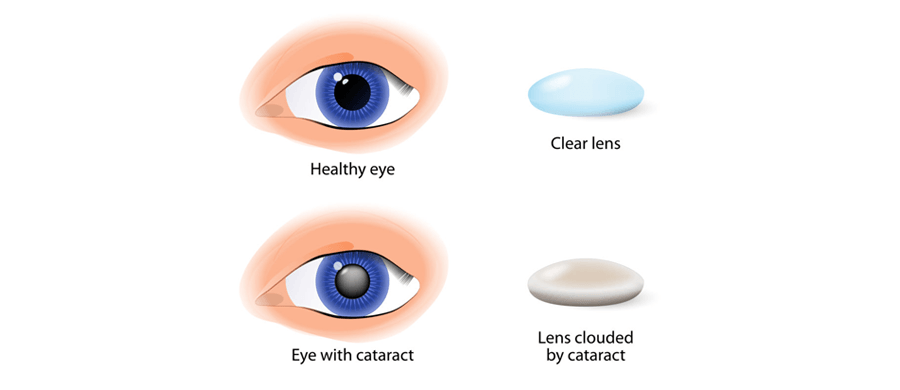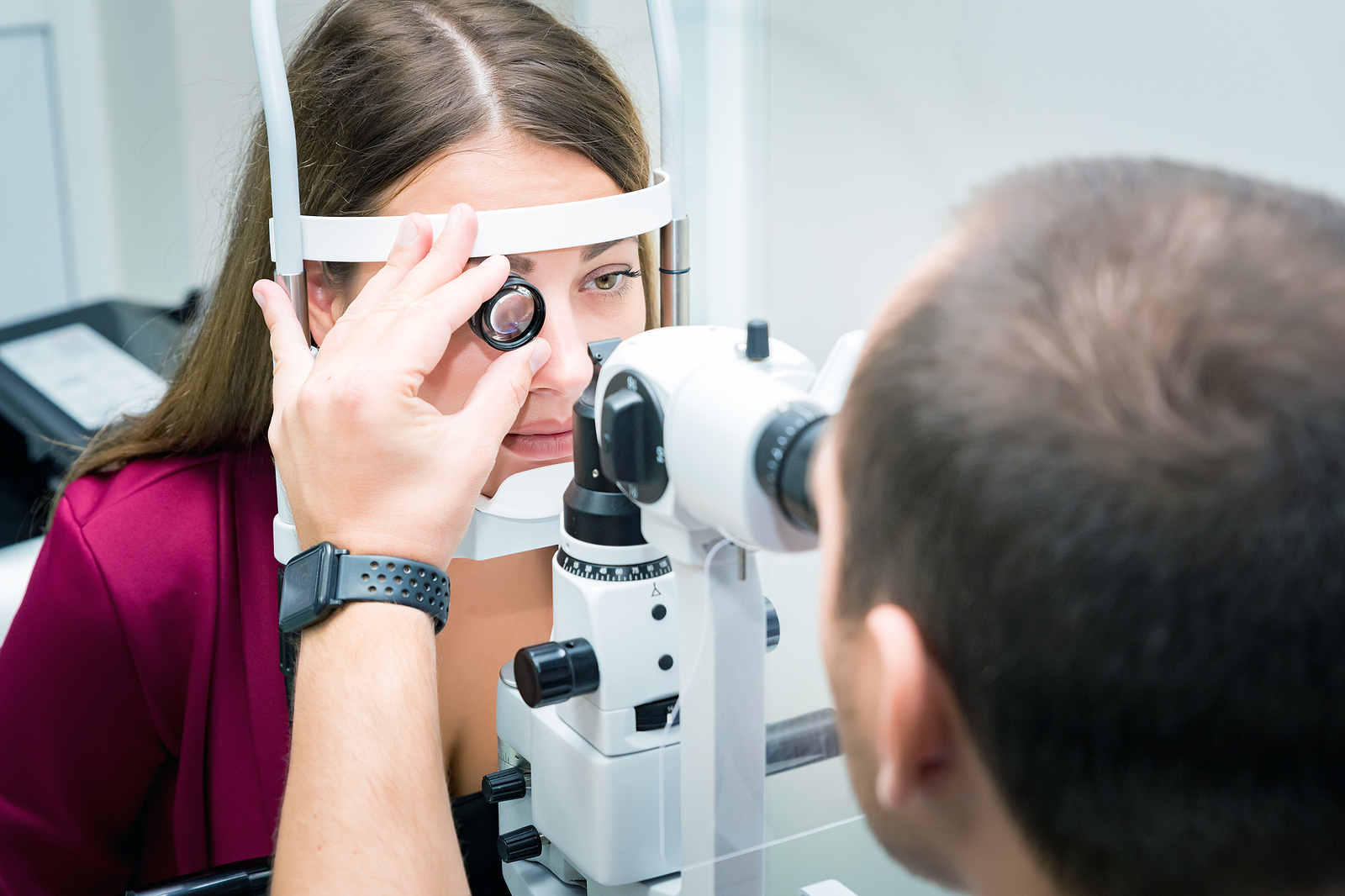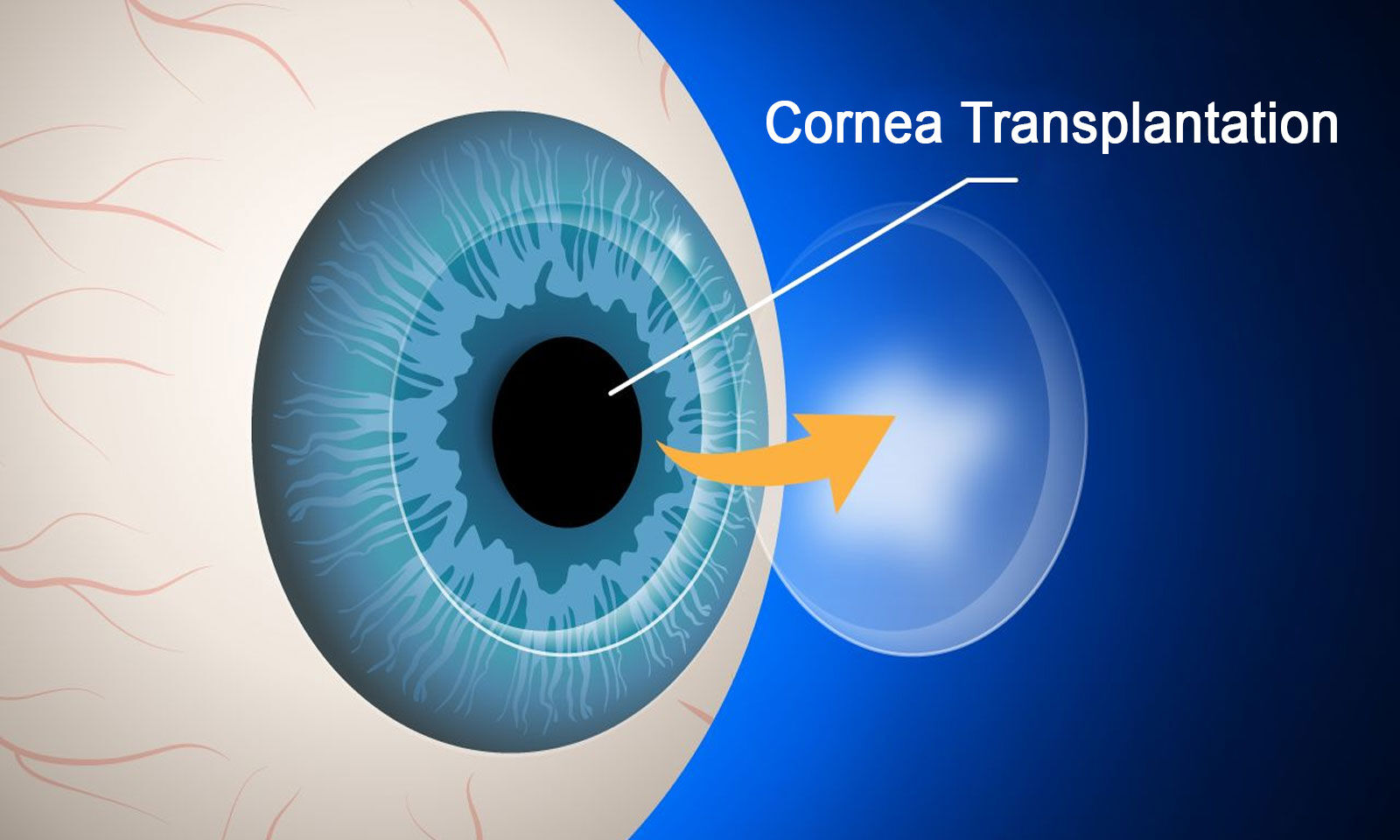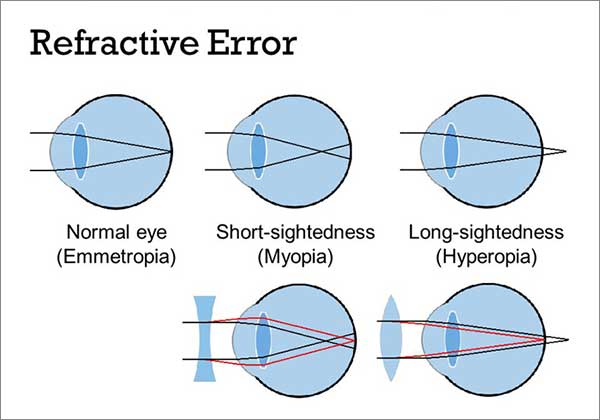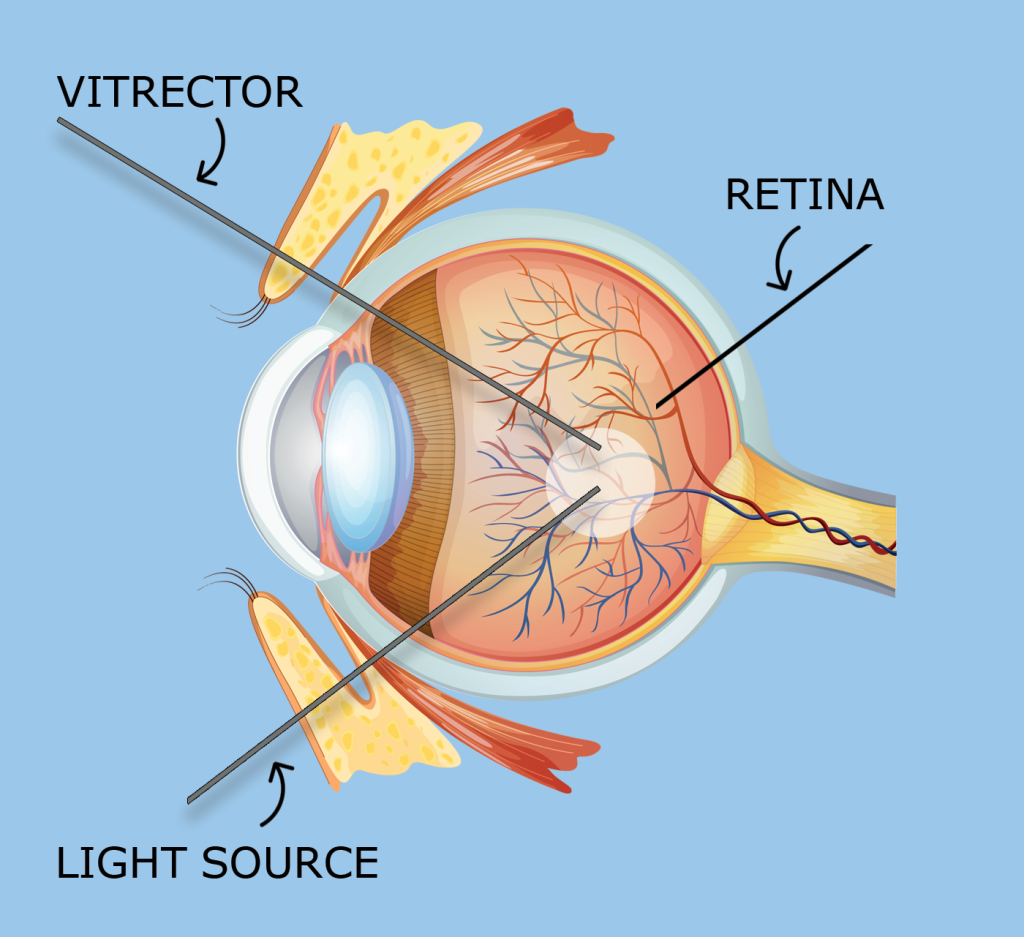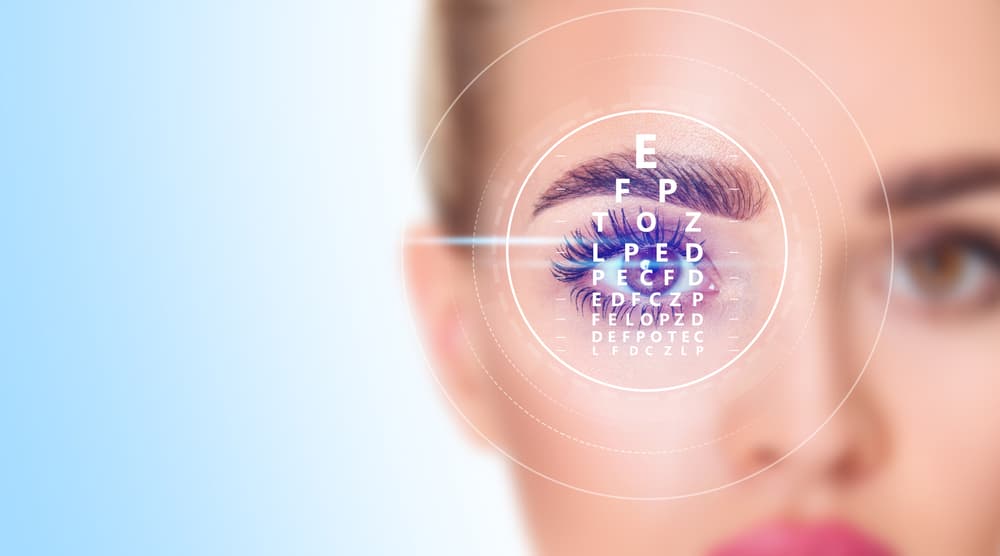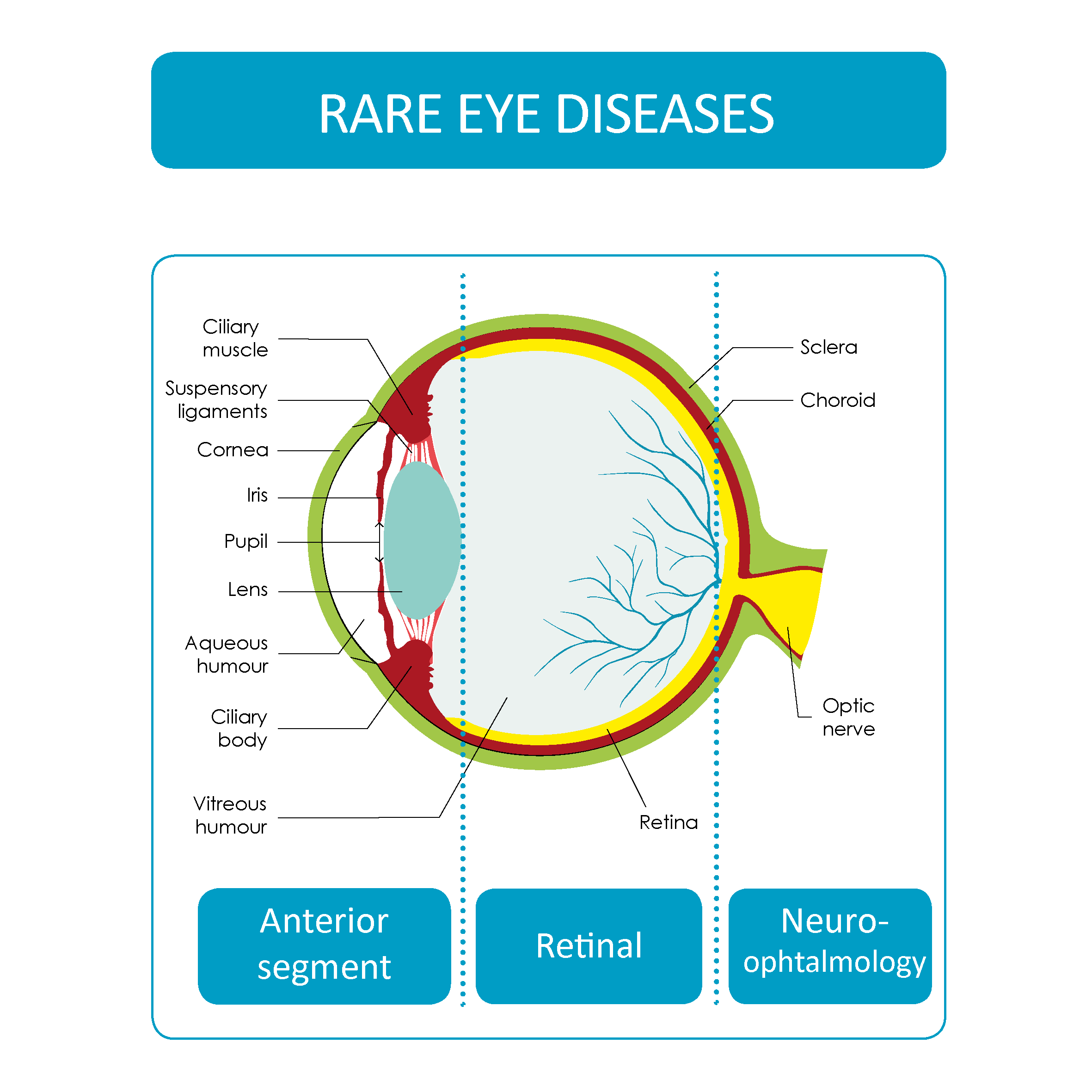Can LASIK remove the need for reading and distance glasses as one ages?
LASIK surgery can potentially correct vision for both distance and reading without the need for reading glasses after a certain age, but it’s important to understand that this outcome depends on several factors, including your age, the specific LASIK technique used, and your eye’s response to the procedure. 1. Monovision LASIK: One common approach to […]
